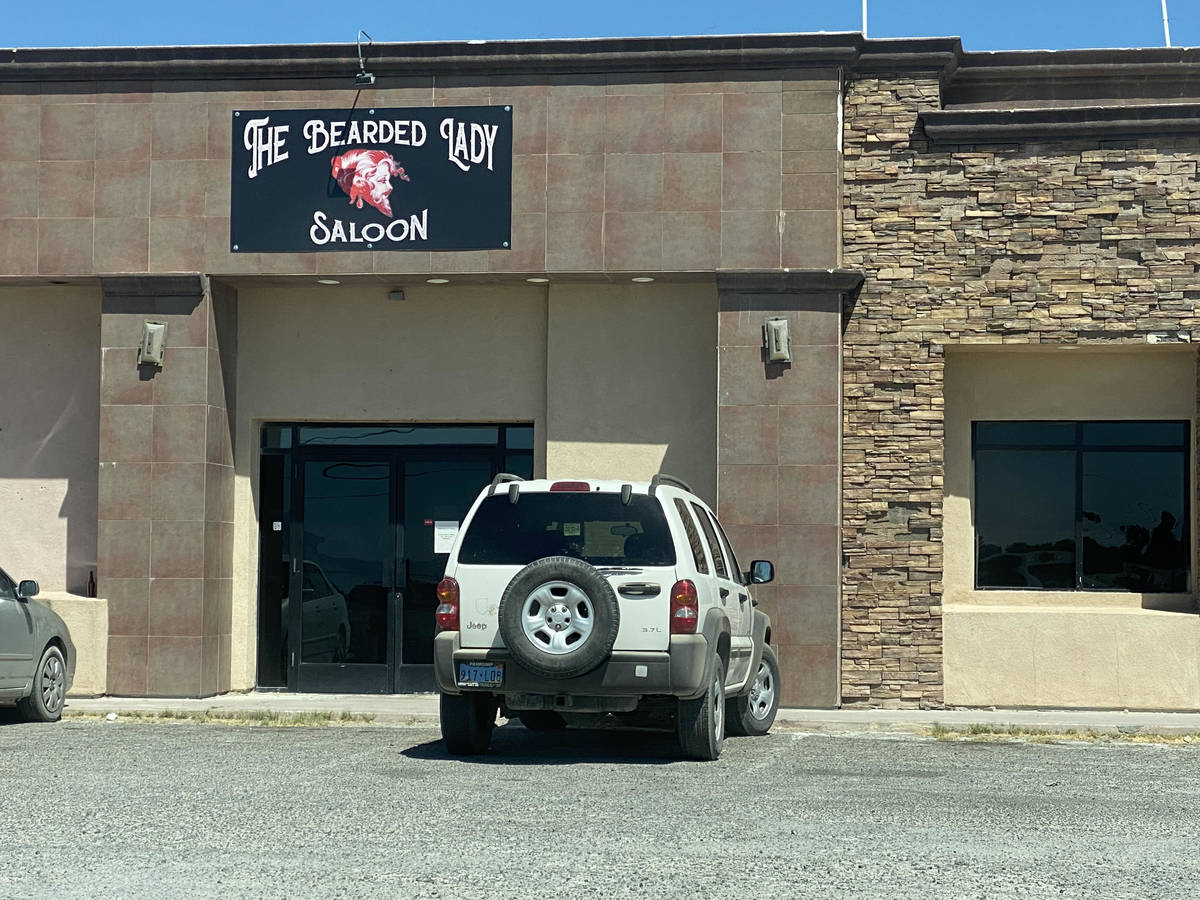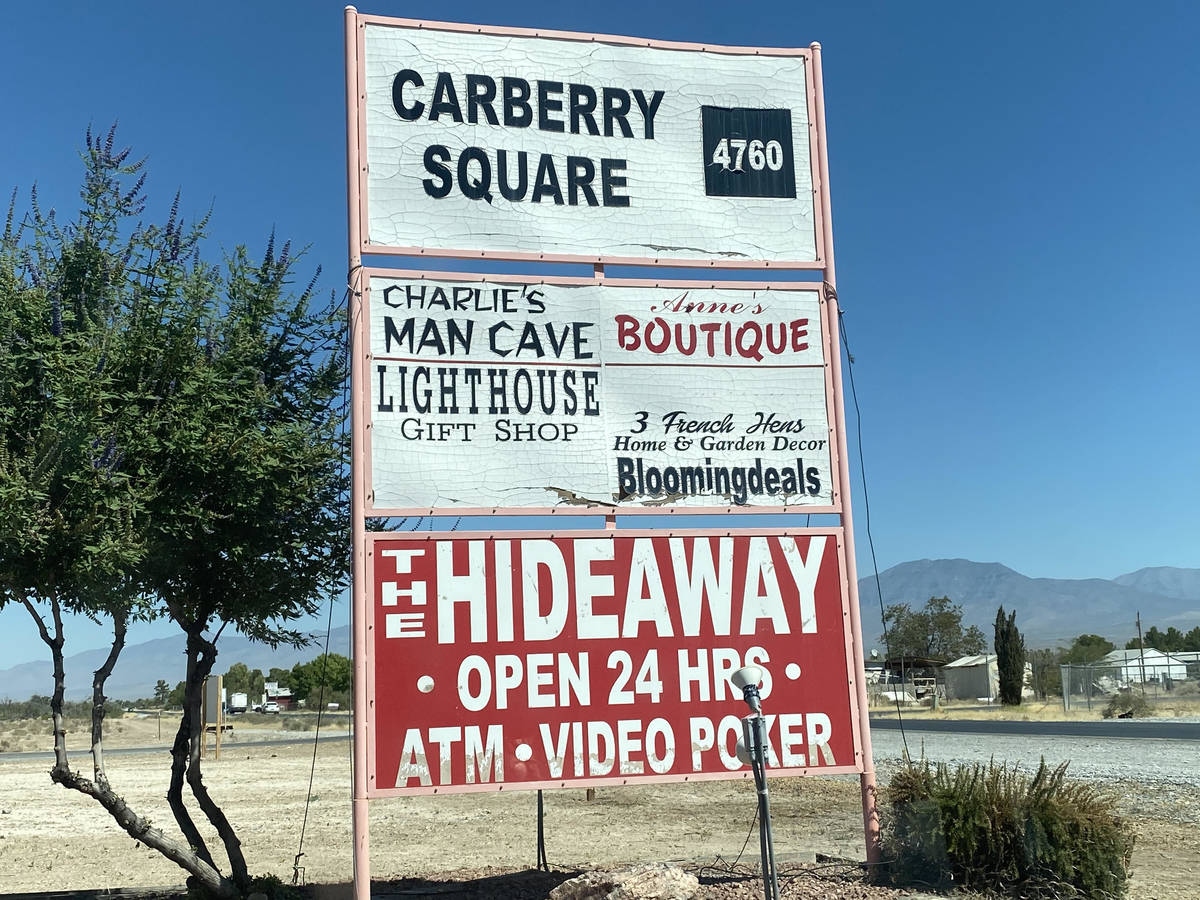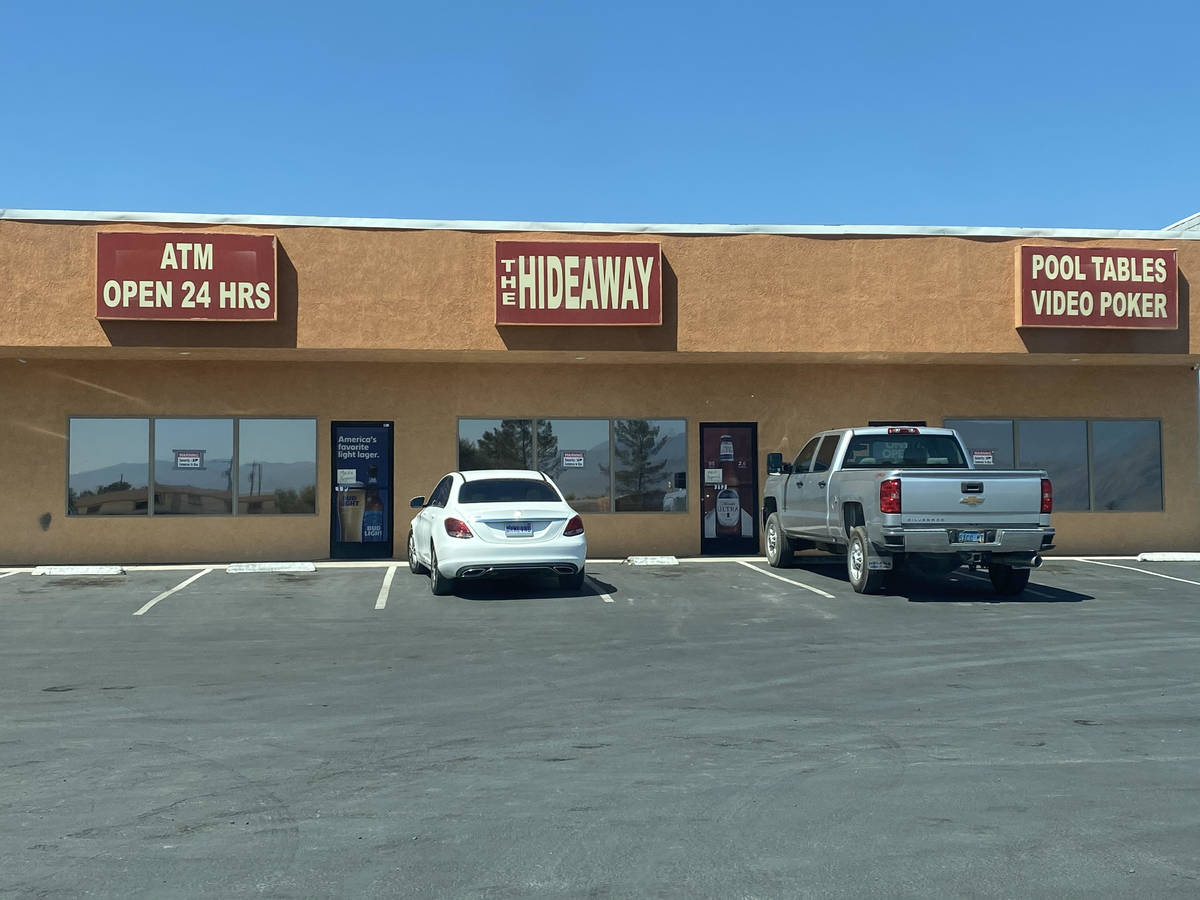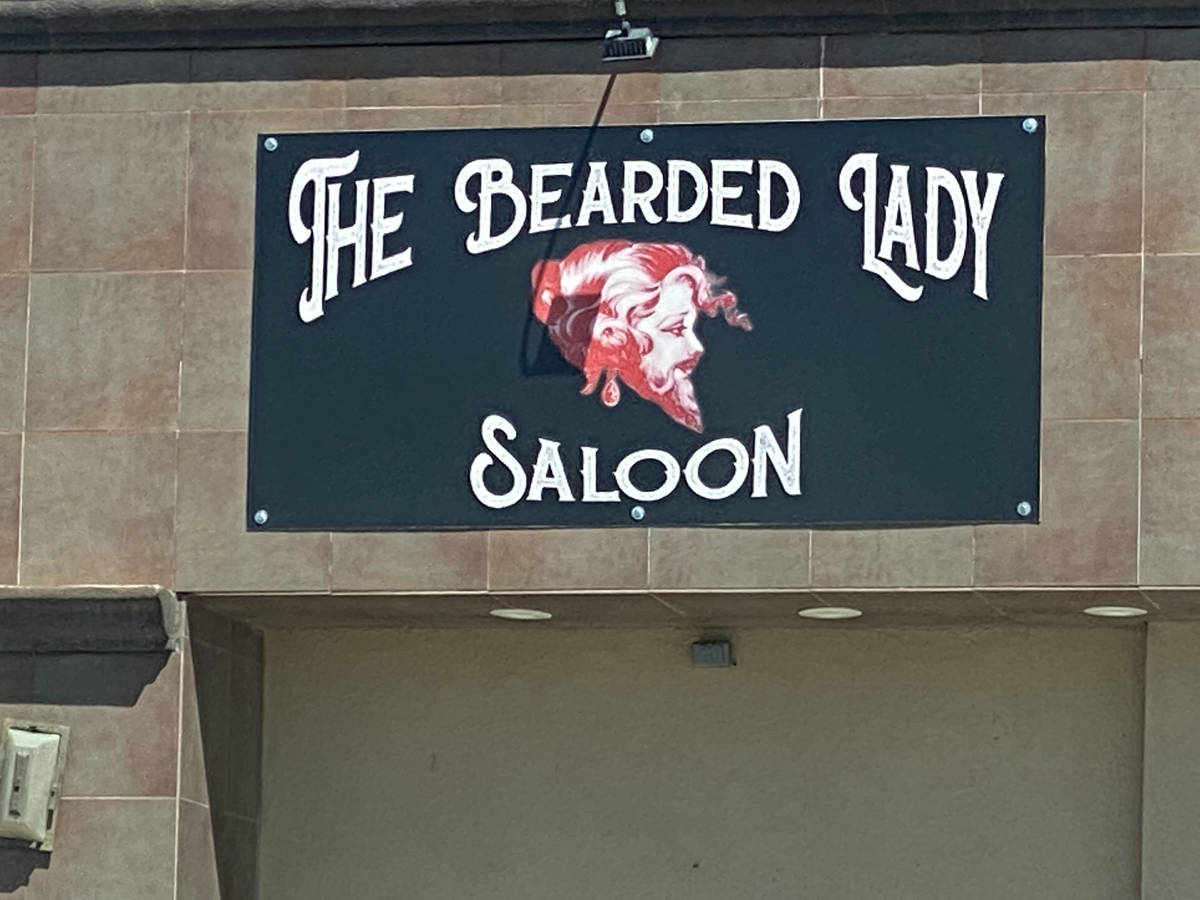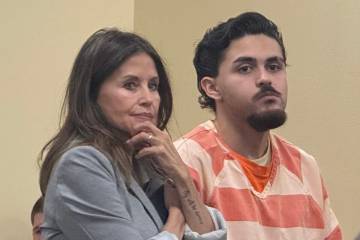Public pleads for Pahrump bars to reopen
“Our community is dying.”
It was a bleak statement made during the most recent Nye County Commission meeting and one shared by many in the community who fear that continued restrictions on bars in Pahrump could result in complete ruin for individuals and families who rely on those establishments, not only for their livelihood but for their mental health and well-being as well.
Local bar owners and employees, along with those sympathetic to their plight, flocked to the commission’s Sept. 1 meeting to lament the forced closure of area bars, sharing a gamut of distressing personal tales in the hope that those words would somehow spur action by the state that would allow them to reopen their businesses and go back to work.
That hope was dashed two days later during the state’s COVID-19 Mitigation and Management Task Force meeting, held Sept. 3. Nye County had presented an updated assessment and action plan that included a direct request to allow all of Pahrump’s bars, pubs, taverns, breweries, distilleries and wineries to reopen, a request that was essentially denied. However, the task force did say it would take up the request again in two weeks, so local bar owners will simply have to cross their fingers for a more positive outcome at that time.
Hardship and suffering
Many of the speakers at the commission’s Sept. 1 meeting were literally on the verge of tears, fighting back their emotions as they attempted to impress upon everyone just how devastating the closures have been for them as well as their families, friends, customers and co-workers. The heart-wrenching stories continued over a period of nearly an hour, with one woman even describing the situation as “psychological torture.”
It all began in March, when, with the COVID-19 pandemic hitting the Silver State, Nevada Gov. Steve Sisolak ordered all “nonessential” businesses to shut their doors to the public.
By May 29, the state entered phase two of Sisolak’s reopening plan and those nonessential businesses were allowed to resume operations, a fact that brought enormous relief to those who had been unable to work during the initial closure. However, that relief was short-lived for those in the bar industry as just over a month later, the state ordered the closure of bars that do not serve food and are located in counties identified as “high risk” for COVID-19 transmission.
At the continued urging of county officials, the state eventually relaxed its bar closure mandate in Nye County to allow bars in the highly rural parts of the county to begin drink-only service again, but that leniency does not extend to Pahrump. In the valley, bars that do not have food service are still shuttered and their owners and employees are teetering on the edge of insolvency as a result.
Kelli Sater, owner of the Bearded Lady Saloon, kicked off the morning’s public comment period by telling commissioners her own experiences. Opening her bar in late December 2019, Sater said she was able to obtain Small Business Administration funding to help keep her afloat during the closure that started in March but those funds are simply not enough to cover the second period of closure. She said she is unable to qualify for other relief funds, explaining that due to the fact that her business is so new, she and her employees do not even qualify for unemployment.
“If we do not reopen soon I will not be able to open my doors again, leaving my entire life savings gone, a huge amount of debt owed to the government and a huge amount of debt to my friends who have helped me financially through these hard times,” Sater stated, a tremor of emotion evident in her speech. “This isn’t just about what I lose though, it is also what my employees have to lose. They will now be unemployed during a time where it is difficult to find a job due to lack of work and they are unable to collect the unemployment they need to get them through this. I ask for your help to do whatever is in your power to get all of our businesses back open, so nobody ends up homeless and hungry, wondering what they did to deserve this fate.”
Carol Plues, speaking on behalf of Tumbleweed Tavern Manager Christina McKnight, kept the ball rolling, reading a letter penned by McKnight. The letter detailed that though the Tumbleweed Tavern was able to stay open due to its restaurant service, the lack of bar-top gaming has put a big pinch on the business’ customer base.
“We have lost most of our patrons due to no gaming at the bar and I am unclear on the sense of being able to go to a gas station or casino and being able to gamble, however at a bar, it is unsafe because the machines are at a bar top,” McKnight had written.
Amber Lopez, a local bartender, spoke next, outlining the difficulties she has faced since the initial closure in March. Though she successfully filed for unemployment, she did not receive any money until June, leaving her without income for three months and a family to help take care of. With rent bills unpaid, power bills mounting ever higher and phone service that was on the brink of being disconnected, Lopez said she was literally unable to sleep from the stress of the situation.
When the bar at which she was employed was ready to reopen in June, Lopez said she was incredibly relieved, thinking that she would be able to finally catch up on her bills. Then the bar was ordered to shut down once more, leaving her in the terrible position she is in today.
Lopez shifted to another aspect of the closure as well, the effect it is having on those who used to make daily trips to bars for socialization and camaraderie. “I understand that some may not view us as essential but we have customers that have no one except for us. That doesn’t mean they come in and drink all day, they could just come in for a soda and just want conversation. That’s what’s essential. Human contact, human interaction and conversation,” Lopez asserted.
Sherry Mills, a bartender at The Hideaway bar, added to that train of thought, stating, “Mental health issues have become a huge problem for those who are unable to socially interact, especially with the high population of retirees that we have here in Pahrump. While I understand that this population is at a much higher risk for COVID, I also feel as if their mental and emotional health is extremely important and needs to be taken care of… These small bars in Pahrump are essential to our locals.”
Another bartender, Debbie Cullen, said she has multiple sclerosis and the strain of unemployment has even brought on three relapses in the past six months, more than she’d experienced in the previous six years. “With the welfare of our bartending community hanging in the balance, we are all extremely stressed,” Cullen said.
Tiffany Seeback, candidate for Nevada Senate District 19, and local resident Bruce Hamburg may not be bar owners or employees themselves but both were at the Sept. 1 commission meeting to show support for reopening Pahrump’s bars.
“Our local community is dying. People cannot afford this. The bars cannot stay closed, we have to reopen, otherwise our community will not make it,” Seeback declared while Hamburg stated, “It’s really hurting all the bartenders in town that have no source of income and they really need it. It’d be nice if they could open it up. We all know it’s not fair… I want to support all the local businesses that have complied and let them open.”
Mike Toews of Tatuado’s Wildside Tavern told commissioners, “We know there is nothing this board can do but we do need to address the governor and let him know there are many places that are striving to be in compliance. We need to get back to work. We’re all hurting and it’s affected our community as a whole.”
Elizabeth Payton, bartender at Who’s Dunes, read a letter penned by her boss, Dean Hendrix, that expressed the ever-growing burden, both financially and emotionally, caused by the closures, before touching on her own story. Voice catching with suppressed tears, Payton stated, “Being out of work has almost destroyed my life.”
Deborah Felix of the Phoenix Bar, formerly known as The Office, followed Payton, explaining that she and her husband Tom Laskowski have repeatedly used their own money to keep their business going but their reserves are running out. “We are all struggling. It is difficult to hear the words ‘nonessential’ when you are trying to provide for your family,” Felix lamented.
Melanie Everett said she has suffered with severe depression in her life and her work is a kind of therapy that has helped pull her out of her shell, but she has lost that support network now that she can no longer go to work. “So many of us are worried about now, and our futures, especially with the on-and-off shutdowns. Everything is up in the air. It has been psychological torture. But we are still strong. I’ll end by saying this: Let’s work together to open the full economy and stay safe and clean as we respect each other and businesses…” Everett said.
Robin Asaph, another area bartender, added, “I feel that myself and my fellow bartenders have been displaced and somehow forgotten… All I ask is that we be allowed to reopen as long as we stay compliant. Fine us or close us down if there are any infractions or non-compliance issues. Please just give us a chance… I truly am at a breaking point and desperately need to return to my business, my livelihood. I am essential to our customers and our townspeople, and I am also essential to my daughter.”
Melissa Blundo, wife of commissioner Leo Blundo, then pressed the county to make a stand against the governor and refuse to follow the mandates he provides but commissioners have explained before that it is not as easy as simply refusing to adhere to the governor’s orders. Nye County Commission Chairman John Koenig informed the public that the governor has the power to remove any elected official from office if he believes they are not complying with his emergency mandates. However, that fact did not seem to be enough for one resident, Melissa Fay, who proclaimed, “Are you worried about getting fired, or are you worried about our community?”
County urges community to contact governor
Koenig said he was in absolute agreement with many of the points made that morning, noting that he really wished the governor was watching the meeting, but he did not believe that was the case. He remarked that the county would clip the public comment section of the meeting and email it to the governor’s office in the hope that the stories told that morning would reach the governor’s ears, though he wasn’t very confident that would happen either.
Nye County Commissioner Debra Strickland also took a moment to address what was said, asking those in the audience to go a step further by sending their letters and emails straight to the governor himself.
“You’ve all taken the time to write this down, you’re reading very well-written documents that need to go to the governor,” Strickland stated. “You can help this community, each and every one of you, by bombarding him with those emails and those letters. It’s the very least you can do. You took time out of your day to be here to talk to us, and our hands are tied.”
Following public comment at the Sept. 1 meeting, Nye County posted to its Facebook page, telling the public, “Nye County continues to advocate for a complete reopening of our economy. For questions or concerns regarding any of the governor’s directives, mandates, or orders, please contact the governor’s office directly. http://gov.nv.gov/Contact/Contact/ .”
Contact reporter Robin Hebrock at rhebrock@pvtimes.com


